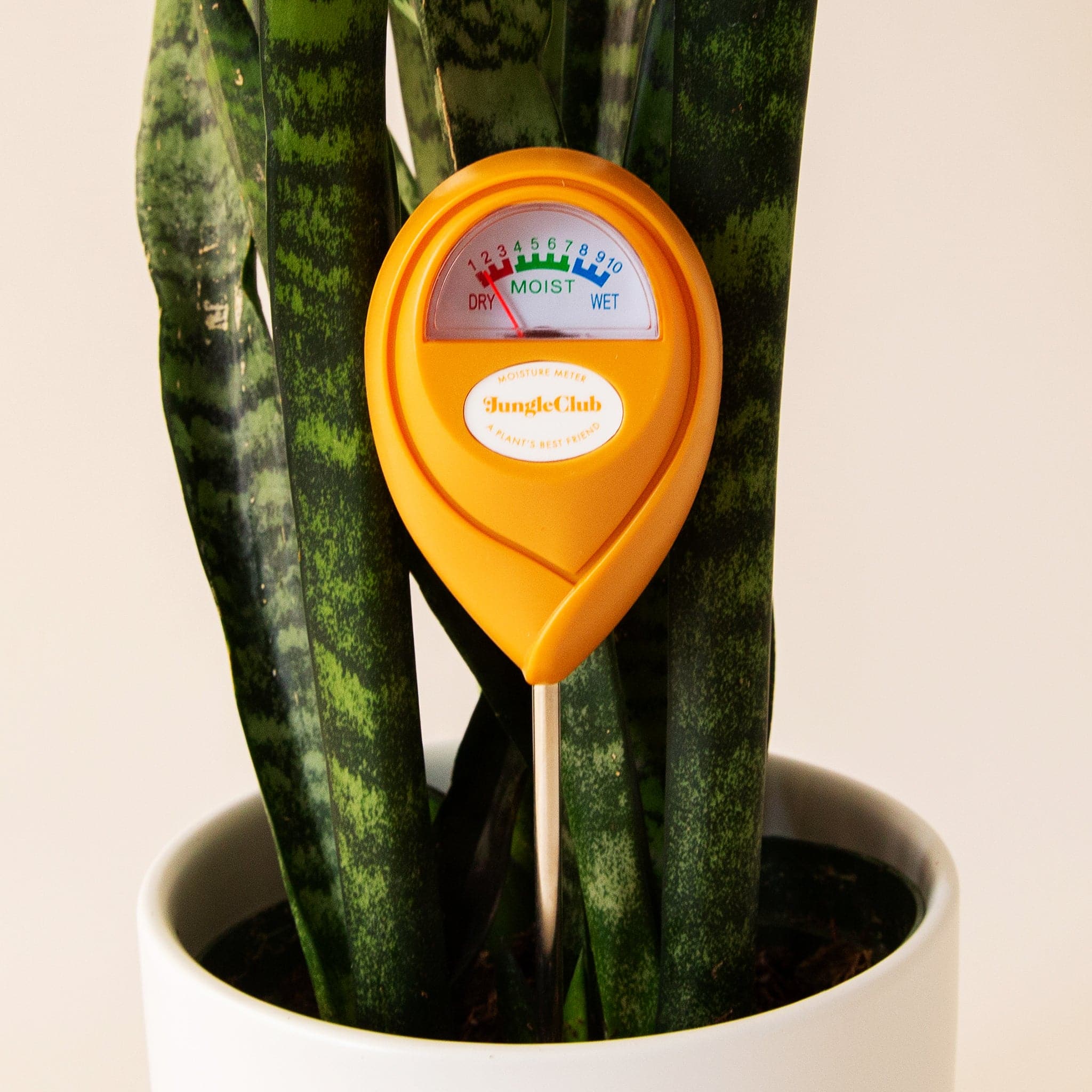The Ultimate Guide to Selecting the Right Moisture Meter for Your Requirements
The Ultimate Guide to Selecting the Right Moisture Meter for Your Requirements
Blog Article
The Ultimate Guide to Moisture Meters: A Comprehensive Introduction and How They Can Conserve You Cash
In the realm of building upkeep, construction, and various sectors, the relevance of precisely gauging wetness degrees can not be overemphasized. Wetness meters serve as indispensable tools in spotting and keeping an eye on moisture content in materials, assisting in protecting against pricey damages and making certain the top quality of products. Understanding the subtleties of various sorts of wetness meters, their applications, and the possible cost-saving benefits they offer can be a game-changer for experts and organizations alike. Finding just how these tools can not only streamline procedures but also add to economic cost savings is a trip worth starting.
Kinds Of Moisture Meters
Different kinds of moisture meters are readily available for various applications in different markets. One usual type is the pin-type wetness meter, which measures the electric resistance in between 2 pins inserted into a material. This kind appropriates for wood, drywall, and various other structure products. Pinless wetness meters, on the various other hand, usage electro-magnetic sensing unit plates to check a larger location without triggering damages to the material's surface area. These meters are suitable for swiftly analyzing dampness degrees in big areas such as floorings and wall surfaces.
In addition, there are additionally specialized moisture meters made for specific products like grain, hay, or soil. These meters give exact wetness readings customized to the one-of-a-kind buildings of the product being examined. Infrared wetness meters determine the thermal residential or commercial properties of a product to determine its wetness web content non-invasively, making them helpful for applications where pin or pinless meters may not be appropriate. Understanding the various sorts of moisture meters readily available can assist industries pick the most appropriate device for their particular dampness dimension requirements.

Advantages of Using Moisture Meters

Furthermore, using moisture meters can result in boosted power efficiency. By identifying areas with high dampness levels, such as leakages or bad insulation, changes can be made to improve energy preservation and minimize energy costs. In farming settings, moisture meters play an essential role in maximizing crop yields by allowing farmers to monitor dirt wetness levels and make educated irrigation decisions. Generally, the benefits of making use of wetness meters span across numerous sectors, supplying cost-effective services and promoting better quality control techniques.
Exactly How to Select the Right Moisture Meter
Selecting the ideal moisture meter entails thinking about essential elements such as material compatibility, dimension range, and calibration precision. When choosing a wetness meter, it's vital to ensure that the meter appropriates for the particular material you will certainly be screening. Different materials have differing electrical properties that can impact dampness readings, so selecting a meter created for your material is crucial for precise outcomes. In addition, consider the dimension variety of the dampness meter. Ensure that the meter can find dampness levels within the variety required for your applications. Calibration precision is one more important factor to bear in mind (Moisture Meter). Select a wetness meter with reliable calibration to guarantee regular and exact readings. Some meters may require periodic calibration modifications, so recognizing the calibration procedure is crucial. By carefully evaluating these factors, you can choose a wetness meter additional hints that meets your needs and supplies exact wetness measurements for your jobs.
Proper Methods for Moisture Meter Usage
To ensure exact wetness analyses look here and maximize the performance of a dampness meter, using proper strategies is necessary. When using a pin-type dampness meter, place the pins or probes into the product being checked until they make complete contact. By adhering to these proper strategies, users can count on their dampness meter to give reliable moisture levels, assisting in protecting against expensive damages or ensuring quality in numerous applications.

Expense Savings Via Moisture Meter Applications
How can the tactical use of wetness meters lead to substantial price savings across various industries? In the agriculture market, wetness meters aid in figuring out the optimum time for collecting plants, protecting against excess or over-drying moisture that can impact the final product's top quality.

Furthermore, in the food processing industry, moisture meters are essential for keeping track of product high quality and guaranteeing compliance with safety and security laws. By properly gauging dampness material in foodstuff, makers can stop putridity, preserve freshness, and reduce waste, read causing substantial expense savings. In general, the strategic application of moisture meters is a beneficial financial investment that can cause substantial cost decreases and enhanced efficiency throughout numerous markets.
Conclusion
Finally, wetness meters are important tools for determining and spotting dampness levels in various products. By using the right wetness meter and following correct methods, users can properly avoid costly problems brought on by excess dampness. Buying a top quality dampness meter can result in significant expense savings in the future by determining possible problems early on and allowing punctual remediation. Inevitably, moisture meters are crucial instruments for keeping the integrity and durability of products and structures.
Dampness meters serve as essential tools in finding and monitoring moisture content in materials, aiding in stopping expensive problems and making certain the quality of products. Infrared moisture meters measure the thermal buildings of a product to determine its moisture content non-invasively, making them useful for applications where pin or pinless meters may not be suitable.Moisture meters provide indispensable advantages in precisely examining and keeping an eye on dampness degrees in diverse materials and environments. In agricultural setups, dampness meters play a critical duty in maximizing crop yields by enabling farmers to keep track of soil dampness degrees and make notified irrigation choices.In verdict, wetness meters are useful devices for measuring and detecting dampness degrees in different materials.
Report this page